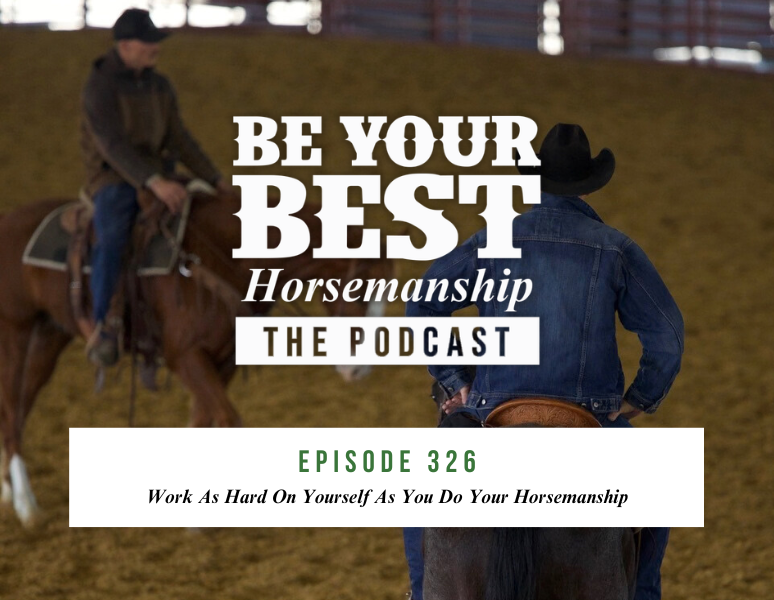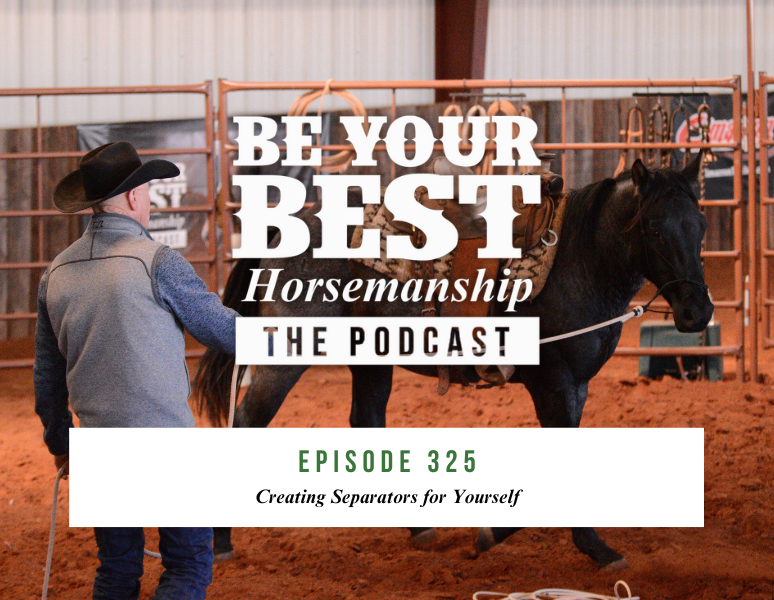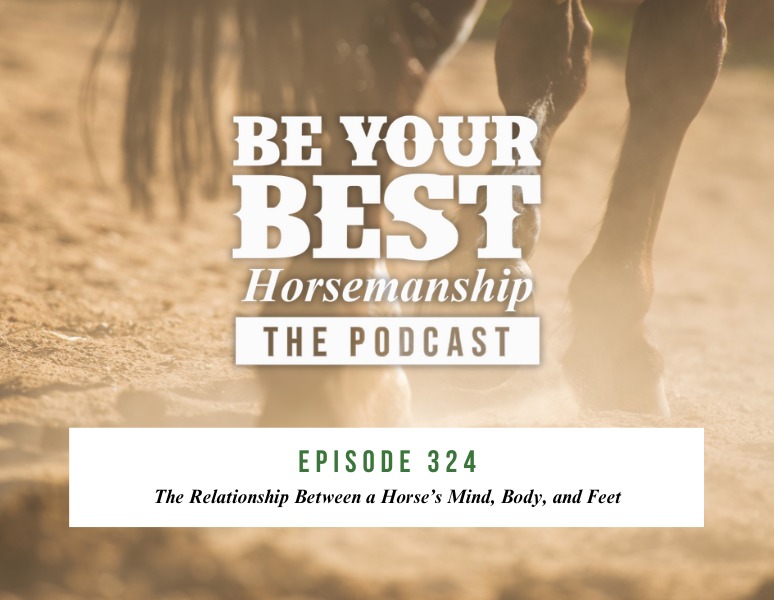Ep 248: Controlling Your Thoughts and Your Horses' Thoughts
When we're starting colts, the first thing we need to realize is that we get responses from the horse's body through their thoughts. This week, for example, I'm working with a weanling and a yearling. Even at this early stage, it’s crucial to help them find that release point through their thoughts. Essentially, we're helping them understand that there is a reward and a release when they feel pressure or contact.
Think about it like this: it's a proven fact that we can't control the first thought that enters our minds, but we can control the second. The same goes for horses. Their instincts trigger reactive responses—whether it's fight or flight. Initially, that's their natural reaction. However, by guiding their thoughts from the reactive side to the thinking side, we can achieve the responses we desire.
Understanding how to do this with colts and younger horses is invaluable when moving forward in training them for specific disciplines or purposes. Controlling their thoughts is a process that remains important throughout their entire training. It requires constant practice and continuous effort. I certainly don’t have it mastered, but I understand the process and what it takes to get there. It’s an ongoing journey.
This week, I had a conversation with a young trainer who was frustrated by how others handled horses. It's hard to see methods that aren't beneficial to the horse. My advice was to stick with his program, lead by example, and help his horse understand the responses by getting them in the right frame of mind. Just like us, when a horse is in the wrong frame of mind, they aren’t receptive to reasoning. They need to be in a calm, confident state to process and respond correctly.
At clinics, I always emphasize reading and feeling your horse. Their body will show you what their mind is thinking. They’ll tell you if they're using the thinking side or the reacting side, if they're in flight mode or in thinking mode. You can feel when a horse is uncomfortable, lacks confidence, or is anxious. That’s the moment to address it, to bring them back to a place of comfort and confidence.
Recently, a listener asked about horses that aren’t willing to meet you halfway. I've been there, feeling frustrated because it seemed like the horse just didn't get it. But it's not their job to meet us halfway; it's our job to make that connection, to help them control their thoughts. We need to guide their thought process, switching any negative thoughts to positive ones, just like we do with our own thoughts.
It's not always about manipulating or applying pressure to get a response. Sometimes, you do need to apply more contact or pressure, but it's crucial to be good with the release. Consistent repetitions and signals are key. For instance, my wife Bridget has been working with a young horse who has been consistently inconsistent. By increasing speed and asking more of him, he wasn’t reading the signal to turn. It’s frustrating, but it’s on us to help him understand the signal and what’s expected.
Starting colts involves watching for changes in their thought process. The body shows what the mind is thinking. In my clinics, I emphasize reading and feeling your horse, understanding their state of mind. When a horse gets anxious or uncomfortable, that's when you need to step in and help them find a place of comfort and confidence.
Training elite horses is no different. Even the best-trained horses can revert to flight mode in certain situations, losing the readiness signal and becoming difficult to handle. Managing their thought process is a lifelong endeavor. The reason elite horses perform so well is because their trainers have done a tremendous amount of work to help them manage their thoughts, read signals, and respond correctly.
Personal development is crucial in horsemanship. There was a time when I struggled with controlling my thoughts and reactions, which made me a less effective trainer. As I invested more in personal development, I became better at training horses and guiding others. Controlling our thoughts is essential for training horses effectively. Personal development not only improves our horsemanship but also enhances our overall well-being, making us better trainers, instructors, and individuals.
In our mentorship programs, we focus on horsemanship, personal development, and marketing. The personal development aspect is often the most transformative. Without it, horsemanship skills may not carry over, and the need for marketing and brand building becomes less relevant. Personal growth is the foundation for successful training and effective communication with our horses.




